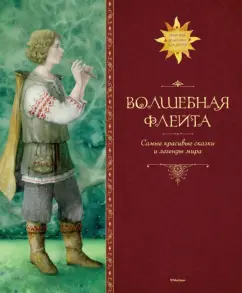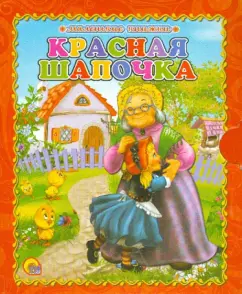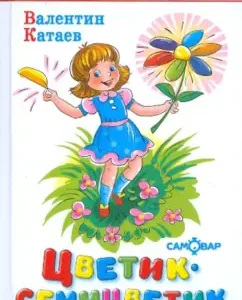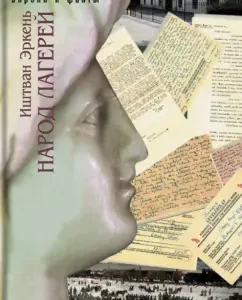The production of his plays applauded spectators of many countries of the world, from North and South America to Japan and Australia, not to mention Europe. In the former Soviet Union, he was considered his author of 27 theaters from the Baltic to the Far Eastern Territory. His work was highly appreciated by G. Tovstonogov and Yu. Lyubimov, and O. Tabakov, with whom Istwan Erken, connected friendly relations, considered him a “symbol of Hungarian culture.”
The “people of the camps” can be called the philosophy of this phenomenon when a person is enclosed in a limited space along with his own kind or with his fellow tribesmen. Erken deepens this concept, arguing that “captivity is a category of not space, but time.” Everyone dreamed of breaking through the territory only home, home. Longing for the homeland is akin to unsuitable hunger. According to the writer’s observations, for the prisoner, after he survives, does not starve, has the opportunity to work and even correspond with his relatives, the meaning of punishment is revealed by separation from the Fatherland is unknown when you are there …
Author
Erken Istvan
Editor
Artemyeva-Skvortsova E.
Translator
Voronkina T.I.
Publisher
Book, 2015
Series
Two -faced Clio: versions and facts







Reviews
There are no reviews yet.